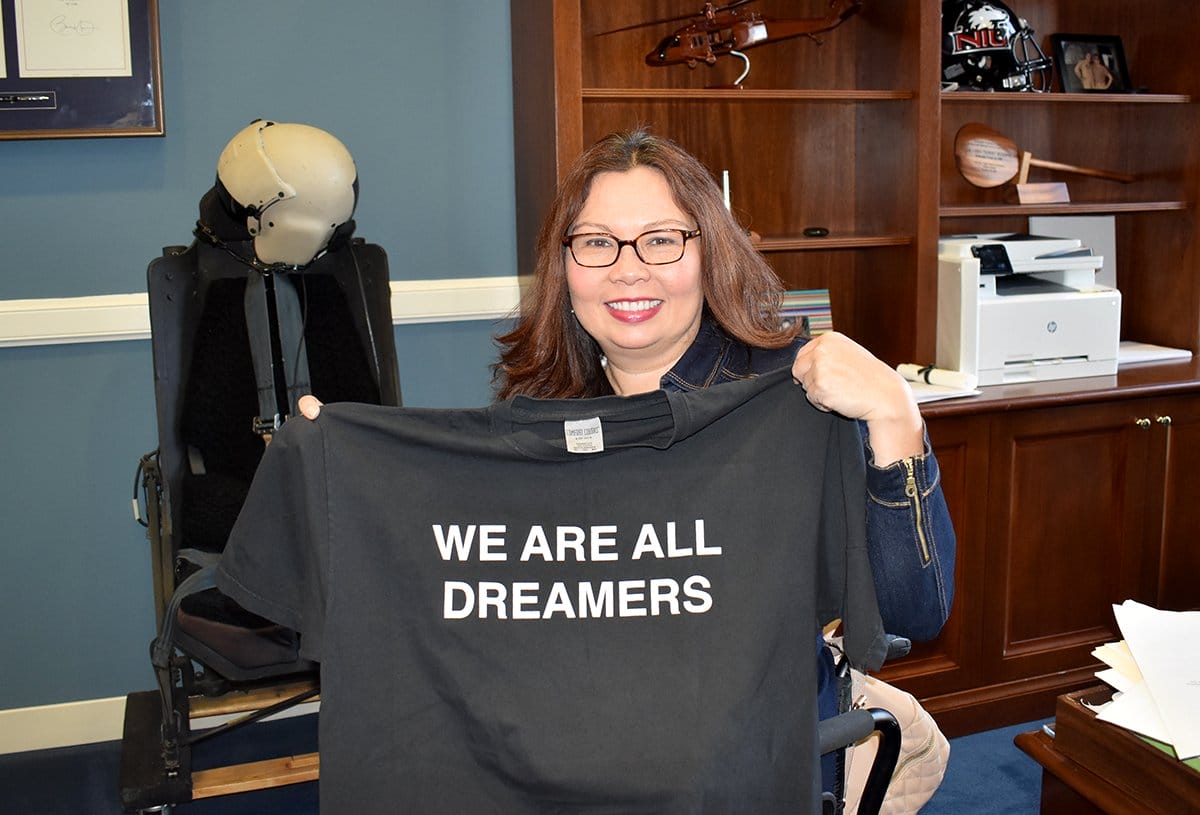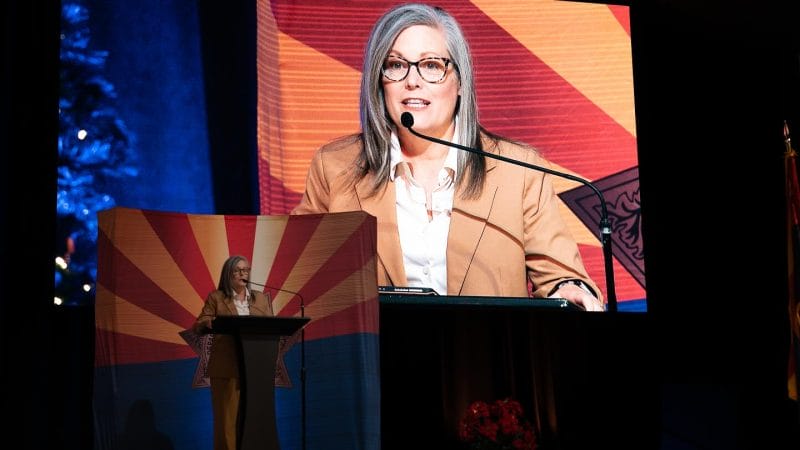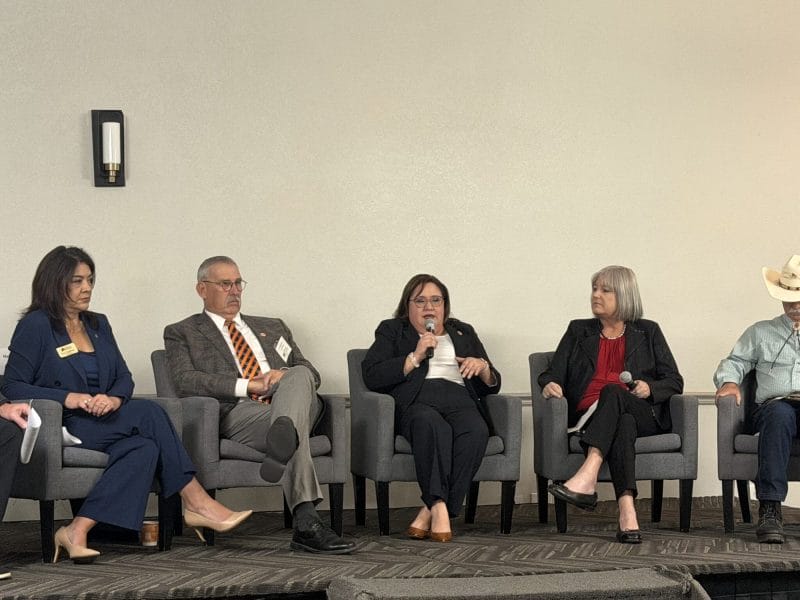U.S.Senator Tammy Duckwortth/Wickimmedia || Commons
By Laura Daniella Sepulveda || Arizona Republic
Leer en español
The Biden administration issued a rule on Wednesday preserving the Deferred Action for Childhood Arrivals program one decade after its implementation. The rule further safeguards hundreds of thousands of undocumented immigrants.
The U.S. Department of Homeland Security announced that the rule maintaining the DACA policy as established will take effect on Oct. 31.
The rule has prompted reactions from local activist groups and community leaders who commend the move from the Biden administration to protect the program, but say a permanent solution for millions of undocumented immigrants in the country must remain a priority.
“This rule is a positive step to protect hundreds of thousands of ‘Dreamers,’ who contribute to our country in so many ways. But it is not a permanent solution,” Laurence Benenson, Vice President of Policy and Advocacy at the National Immigration Forum, said in a statement released Wednesday. “DACA continues to be under threat in the courts, and only Congress can provide the certainty of legislation.”
The rule comes in the wake of Texas v. United States, in which seven states, led by Texas, are challenging DACA, an Obama-era policy that protects undocumented immigrants who came to the U.S. as children as a constitutional program.
In July 2021, U.S. District Court Judge Andrew Hanen ruled in favor of the lawsuit and signed a permanent injunction, allowing DACA renewal for current recipients but prohibiting its continued operation for new requests.
According to a statement from Homeland Security Secretary Alejandro Mayorkas, the final ruling from the Biden Administration will “preserve and fortify” the policy established in the 2012 Napolitano Memorandum.
According to the statement, the rule will maintain the current threshold criteria, retain the existing process to request work authorization and affirm DACA as a form of deferred action instead of a form of lawful status, allowing recipients to be considered “lawfully present for certain purposes.”








